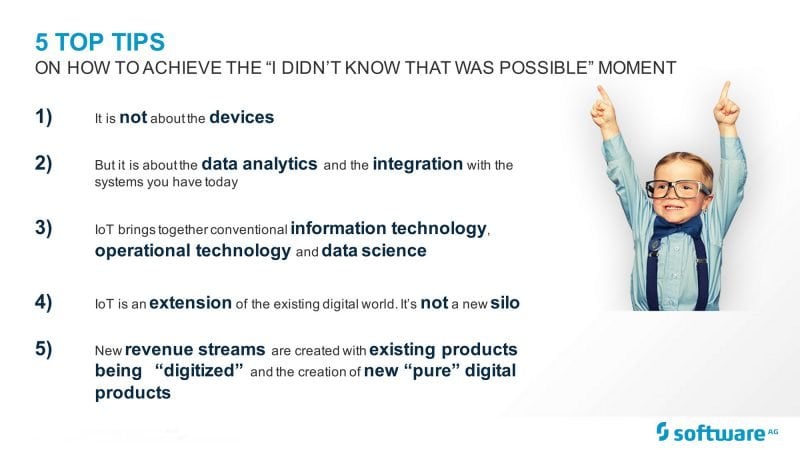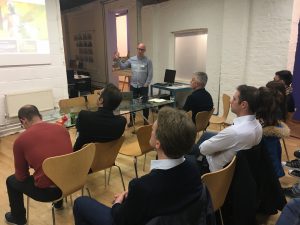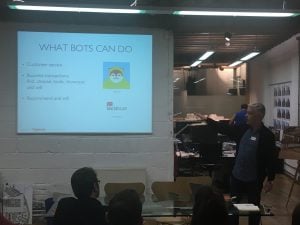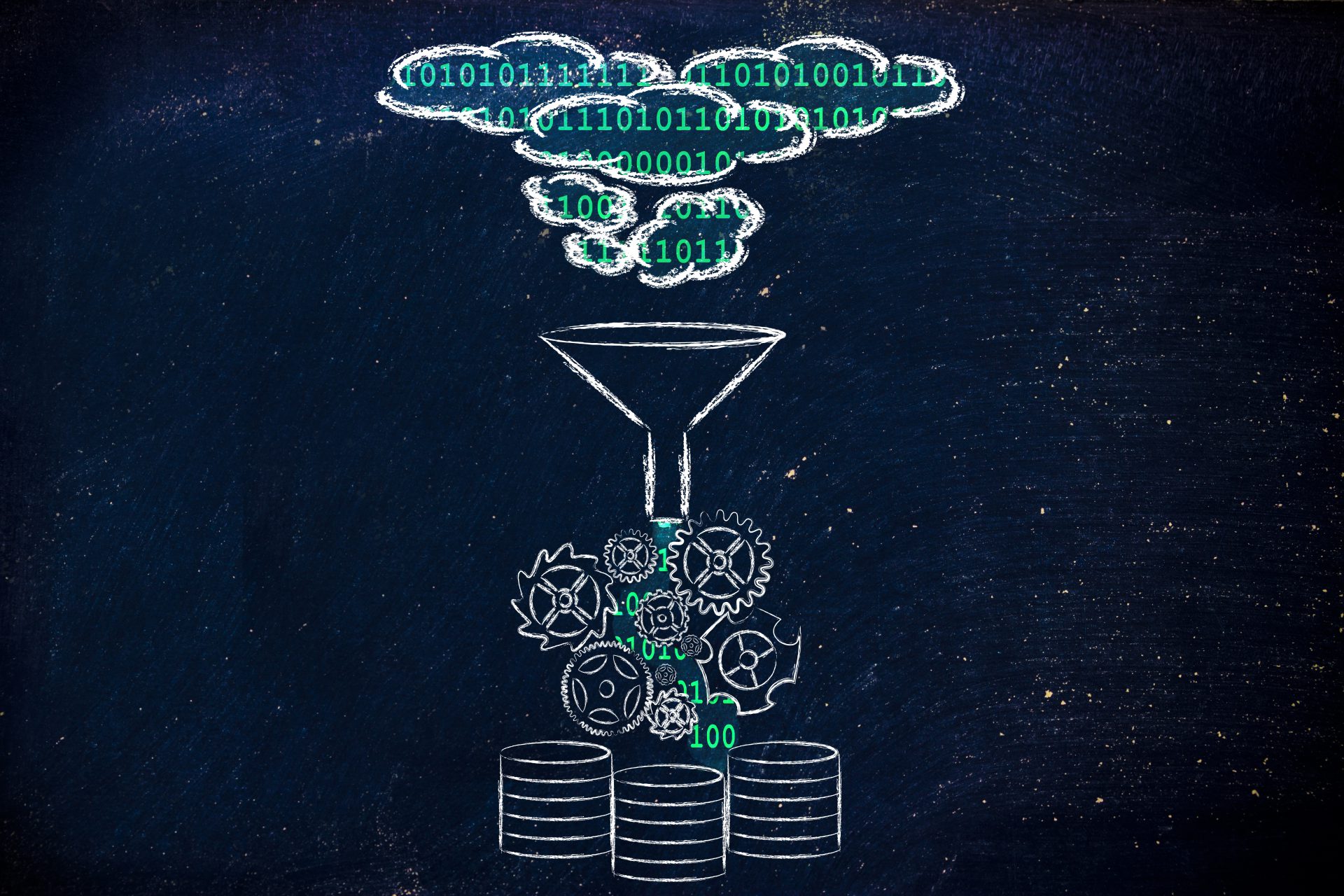Why Data Analytics Matters to Your Business
Forbes quotes that “big data is now a driver of revenues” according to more than 60% of senior decision-makers that took part in the Capgemini survey. Another curious takeaway from this research appoints that almost a half of c-levels already reorganize their operations to exploit the opportunities of data analytics for business.
No wonder why Data is a headliner at business events. There should be setups that articulate the value, focus and opportunities of big data and business symbiosis.
IoT Aggregates Massive Data for Business
In particular, at the IoT World Forum held in London this November, Sprint, Microsoft, IBM, NXP, TELENOR, DEUTSCHE TELEKOM AG, SOFTWARE AG, to name a few, have been networking and circulating from panel to panel oozing the keynote of the event:
Today the Internet of Things allows for fast, effective and automated aggregation of massive ponds of data. This data, if processed properly–collected, deciphered, structured, optimized and secured, will provide businesses with immeasurable value and unlimited opportunities.
But the biggest problems in big data remain acute for many companies. How to securely collect, manage and extract value from data that is continuously growing.

Software AG shares ideas on how IoT is the new way to build ‘“pure” digital based on data and integration. Image Credit: Softeware AG for IoT World Forum
Today Technology Extracts Value from Big Data
Giants such as Volvo and Uber, IBM and ARM, Software AG and Bosch solve this challenge mutually through collaboration. Others rely on existing systems or develop new platforms for data management.
The day after IoT World Forum I took a speaker floor at the MeetUp held by Conduit. The focus of the event was similar: business opportunities emerging from data analytics, in this context, originated in CRM.

Peter Worster, co-founder and strategy partner at Conduit, proved the importance of big data analytics for businesses citing compelling examples from IKEA and the AA, and guided on how to extract value from this intangible asset.
“The aim of marketing hasn’t changed: it’s to know and understand the customer so well the product sells itself. With the explosion in data, marketers have a massive opportunity but few are realising it,” he commented.

As a speaker I continued with the opportunities of chatbots as a technology of interaction. In particular, we came up with ideas based on Digiteum expertise in the field concerning the application of chatbots for data aggregation and optimization. More importantly, we touch upon scalable opportunities for the use of this technology in providing businesses with data, especially, B2Cs that constantly experience hunger for information from customers.
To extract value from data, extract data that has value
However, the challenges of data processing and optimization stand out together with less evident, though possibly an underlying problem: how to snake through the big volume to define only the data that actually has value. This is the challenge only technology has the power to solve.
Big data from IoT is originated naturally: it is neither biased nor filtered from noise and mistakes at the primary stage. So as the organic data collected from software business analysis, customer research, CRM, and similar systems.
To effectively process this massive volume of data flow and ensure only valuable data comes through, it’s smart to subject it to certain control at the very origination stage. In other words, to reasonably bias the process of data creation.
Next generation of data creation
At Digiteum we have already confronted similar challenges while building a platform for Oxford University Press. Research Track is one of the systems that combs through the masses of raw education material to rake up only field-specific data. Further, the system processes and optimizes this data for “human perception.” In other words, what the system does is controlled instead of random data origination.
Being specifically developed for educational needs, this platform, however, has enormous potential in course of scalability and application and experiments in other fields and industries. For instance, any business that lacks quality data flow or has to deal with the masses of unstrained information may use a custom platform for smart data creation.
Digiteum, in its turn, foresees opportunities for further research and development in data management and processing. In particular, our data processing software developers continue working on a data conversion platform for Oxford Dictionaries and predict further expertise in data creation projects.
We also contribute to different big data projects across various industries. For example, building tools for data management in farming for Origin Digital, and enabling data-driven healthcare and precision medicine with our other long-term client, Diaceutics.
All in all, now it is more clear than ever that the next decade will be focused on integrating big data strategy and data-driven business analysis for digital products and services.




